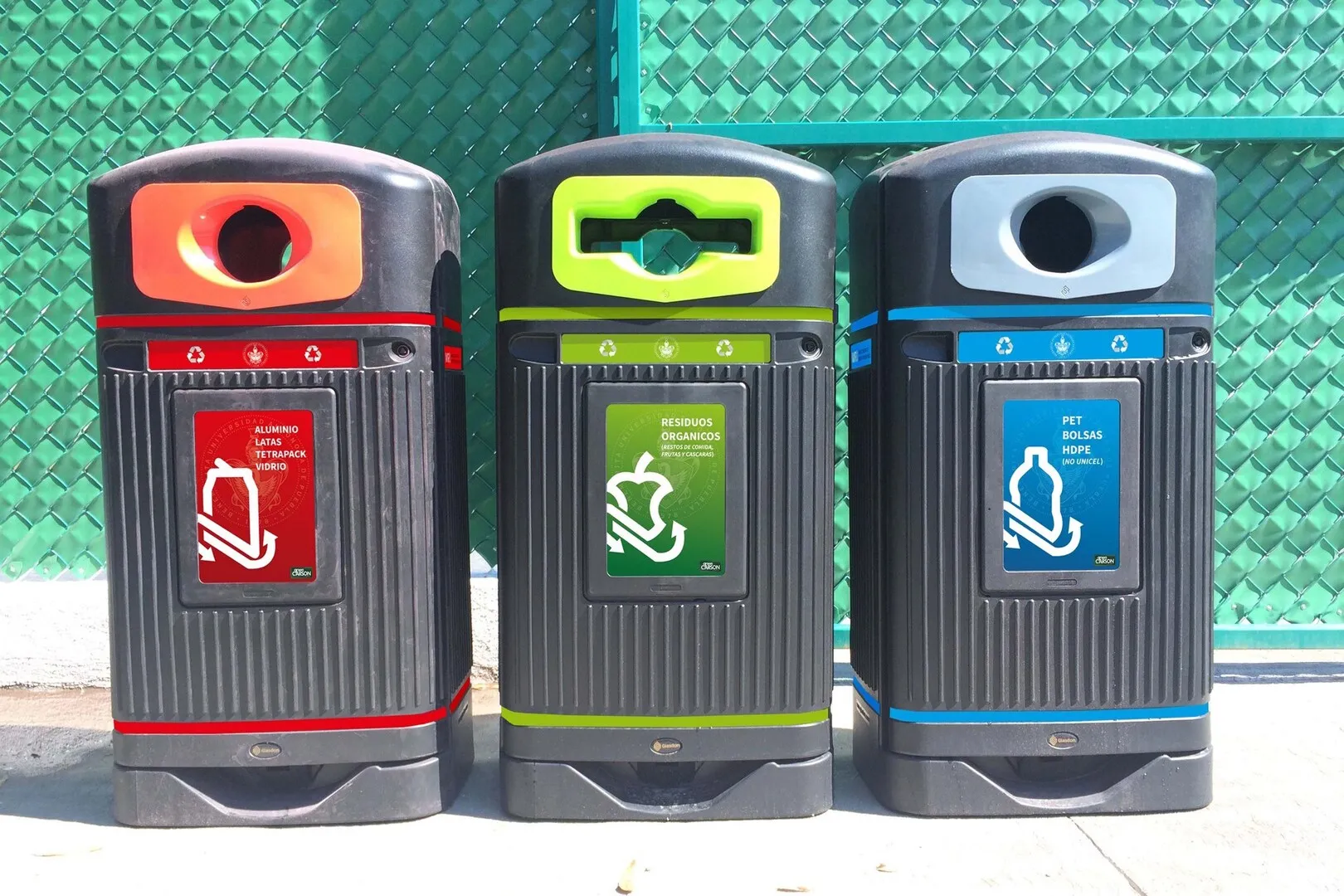

Every day, NUCLEARIS follows the Rule of the 5 Ecological Rs: Reduce, Repair, Recover, Reuse and Recycle. From the very beginning, we have set out to minimize the ecological footprint we leave behind and, consequently, we have adopted sustainable policies on a permanent basis.
Read More1. Reduce
The phrase "less is more" illustrates perfectly this point: the less we consume, the less we
affect our planet. For this reason, at NUCLEARIS we are very careful to acquire the exact
amount of raw materials to manufacture our products which helps prevent chemical waste and
ferrous and non-ferrous material waste. Examples of how to reduce: making fewer purchases
results in less waste being generated. More efficient transportation logistics, which we use
to move our raw materials and finished products, mean less fuel being used and, therefore,
less CO2 pollution being released into the atmosphere we breathe.
2. Reparair
If we live in a culture of immediacy and throw-away, it is most likely that repairing
something is the last thing we think about. The meaning of “repair” is to make necessary
changes to something that is damaged in order to make it work again. At NUCLEARIS, we are
experts when it comes to repairing our machinery: we build our own production lines, and we
repair them ourselves as well.
Examples of how to repair: If a machine breaks down, it is not discarded but repaired. This
same principle applies to everything else that malfunctions in our Production Plant and
ENGINEERING Offices. If a piece of electronic equipment is damaged, it is immediately sent
to our technical service. If a mechanical device fails, it is repaired by replacing only
those parts that are necessary to get it to work.
3. Recover
To recover implies that we can get something that is not necessarily broken up and running
again. It does not need repairing but recovery. You can better observe the difference
between “repair” and “recover” below in some situations at NUCLEARIS.
Examples of how to recover: After some time, a computer may become too slow for the
ENGINEERING department. However, if some parts are upgraded, some of its speed can be
recovered and still be useful in an area that does not require so much computing power. A
solenoid valve that has exceeded its lifespan can be subjected to a change of spare parts
and, then, be installed in a device or machinery that requires a less frequent activation
rate of that valve.
4. Reuse
It is said that one man's trash is another man's treasure. To reuse is to give a new use to
something which appeared to be garbage. At NUCLEARIS, for instance, we reuse dry
construction materials every time we make a modification to our Plant. Additionally, the
chemicals used in our processes of electroplating solutions are always compensated with new
salts and reused for years.
Examples of how to reuse: - Reusing an electric engine, a capacitive sensor, a pipe, a
control valve, etc., and relocating them in the design of new machinery represents a daily
task at NUCLEARIS. The importance of reusing lies not only in saving, in giving pieces and
materials a new use but also in reducing waste. At NUCLEARIS, we also reuse dry construction
materials every time we make a modification to our plant. Furthermore, the chemicals used in
our electroplating solution processes are always compensated with new salts and reused for
years.
5. Recycling
Recycling means that a product that has completed its useful lifespan can be treated and
used in a different production chain to give life to a new product. At NUCLEARIS, the
activity of recycling plays a constant and key role in our daily life.
Examples of how to recycle:
At NUCLEARIS, we believe that recycling as a value starts at home, extends to our work
environment and to all our frequent social spaces. That’s why we encourage everyone to
commit to a continuous search for sustainability. We separate our recyclable waste- paper,
cardboard, glass and plastics- which is then collected monthly by GEA Group, an industrial
recycling company, to be processed and recovered. Since paper and cardboard are two of the
most commonly used materials for recycling, this practice reduces the need for more trees to
be cut down. As well, we recycle PET materials in various shapes and sizes which is a 100%
recyclable plastic.
The OPDS, State Institution for Sustainable Development, is the enforcement authority of the
environmental regulations of the province of Buenos Aires. It plans, coordinates, and
supervises the execution of environmental policies in order to improve and preserve the
biological diversity of its territory and the quality of life of its inhabitants. The OPDS
manages various programs with the objective of maintaining and restoring the ecosystem
services essential to ensure the reproduction and preservation of natural environments and,
as a result, contributing to the right to a healthy environment for everybody. NUCLEARIS is
also registered at the OPDS and we are permanently being audited in reference to the strict
compliance of our production processes.